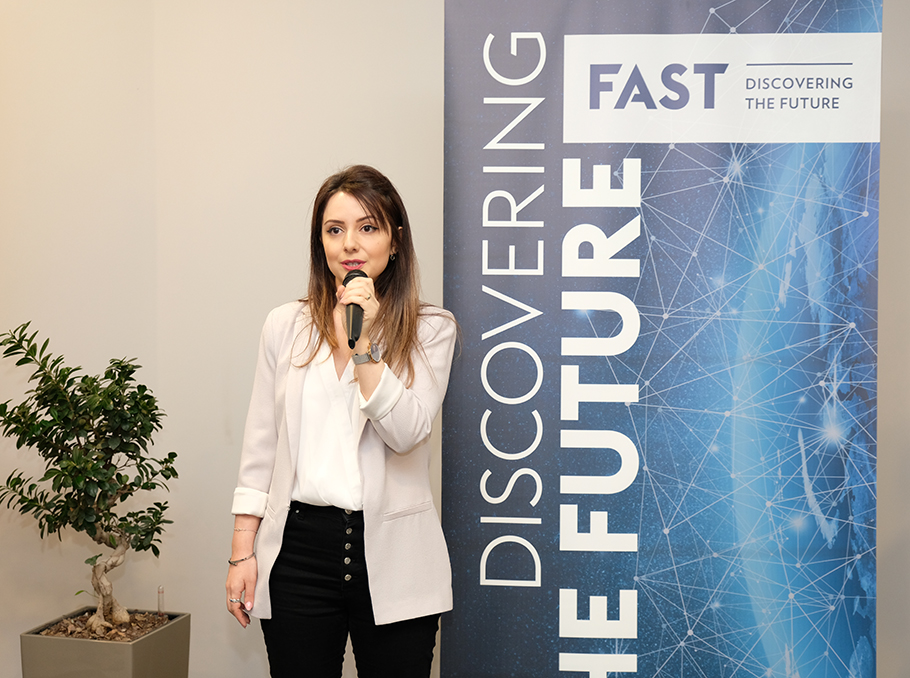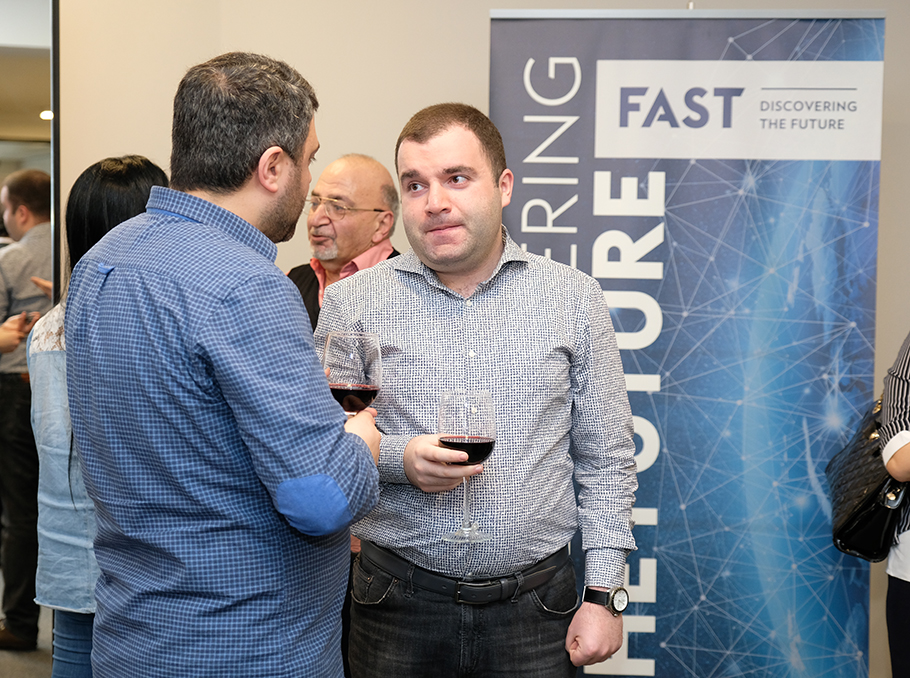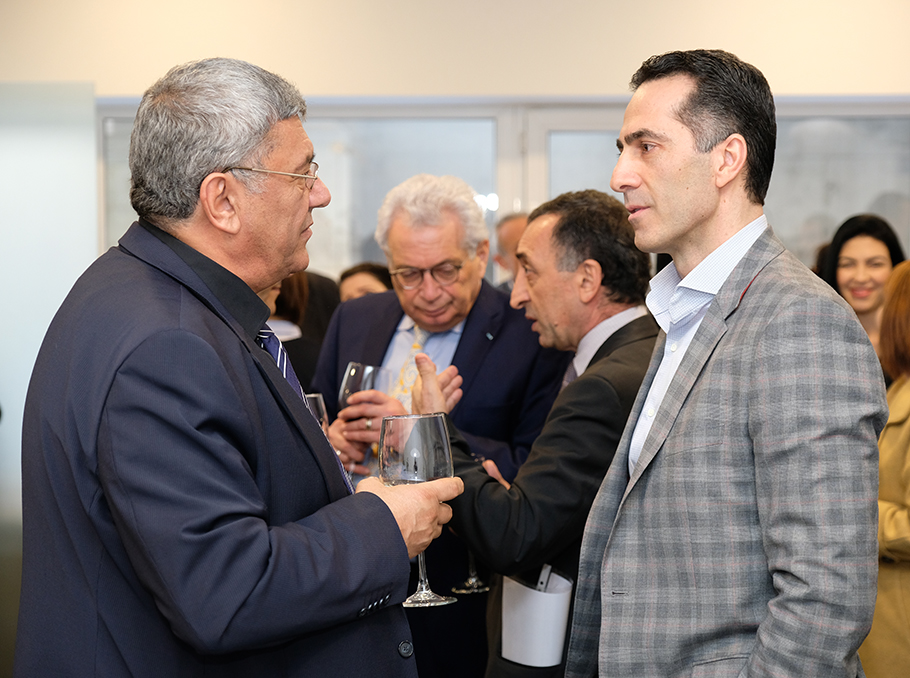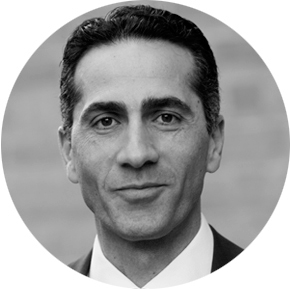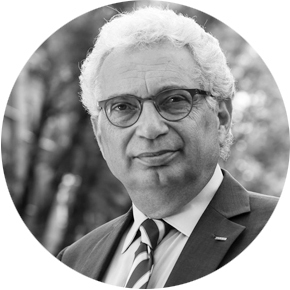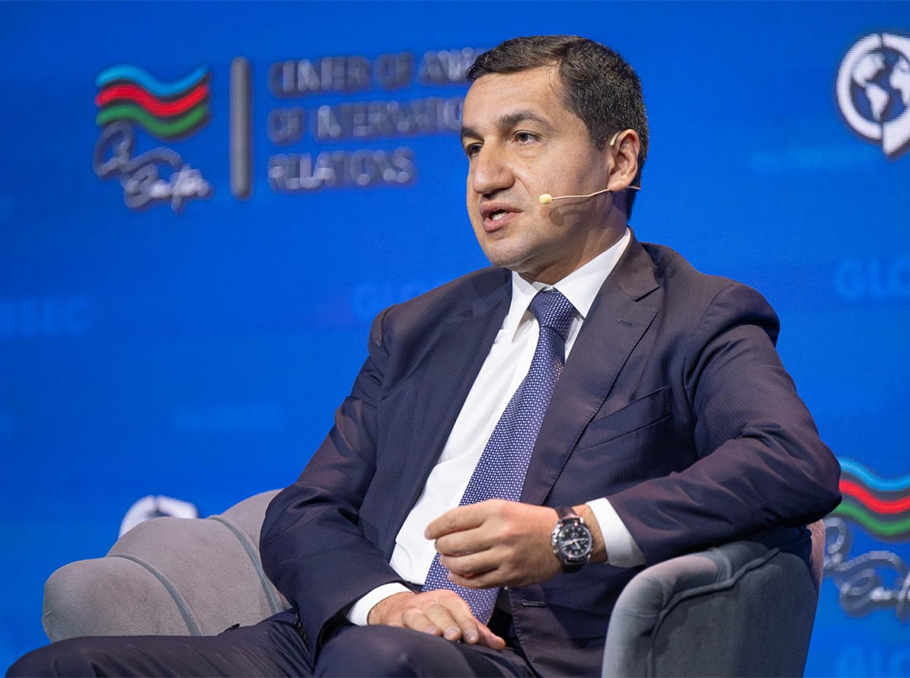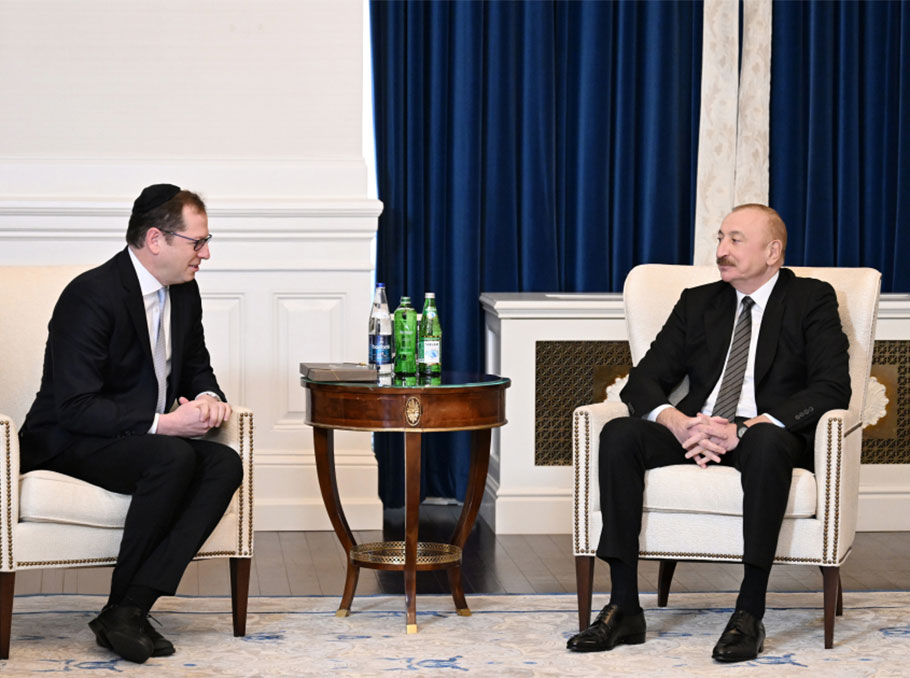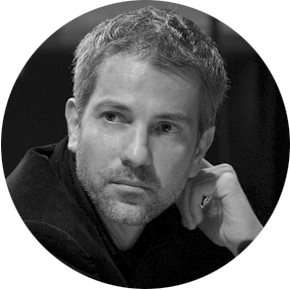Professor at Radiophysics Department of Yerevan State University (YSU), 69-year-old Yuri Avetisyan is halfway through creating the mobile network of the 6th generation (6G). He is travelling to Japan on April 1 to spend 21 days working on the components of the network with Japanese colleagues at Osaka University. Professor Avetisyan would not plan this trip, if a new notice on the bulletin board had not caught his eye one day.
The notice said that the Foundation for Armenian Science and Technology (FAST) announced admission of applications for the Travel Grant for Collaborative Research 2018-2019. Thankfully, I noticed the announcement, although usually I don’t pay attention to the bulletin board.
So, you read the notice and got to filling in the application right away.
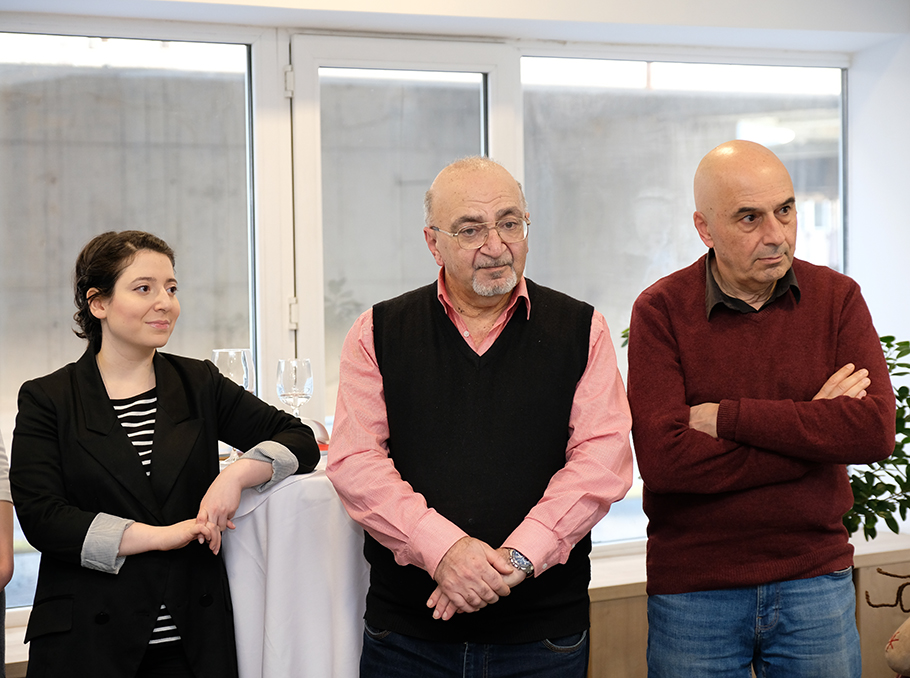 Yuri Avetisyan (in the middle)
Yuri Avetisyan (in the middle)Photo: FAST
I got to it on the very same day. I filled in all sections in the online application, but the webpage just wouldn’t save it. Something was wrong with it. I asked Veronika for help (Ms. Aghajanyan is the Project Manager at Travel Grant for Collaborative Research program), and an hour later we had the application typed and filled up in a Word document.
Surely, you had heard of FAST before. What do you think about the foundation?
I might have given a different answer if I didn’t win the grant, but now I can certainly say: this foundation is the real deal! (laughs – Mediamax)
Professor Avetisyan has been working on superfast transistor research for the past year. The FAST grant, which makes USD 3,600, will go to travel and accommodation expenses. This is Professor Avetisyan’s third visit to Japan after the trips in 2001 and 2011 respectively.
The aim of FAST Travel Grant for Collaborative Research is to create an ecosystem that allows technological innovation and scientific community to thrive in Armenia.
This grant enables Armenian scientists to conduct international research in STEM fields.
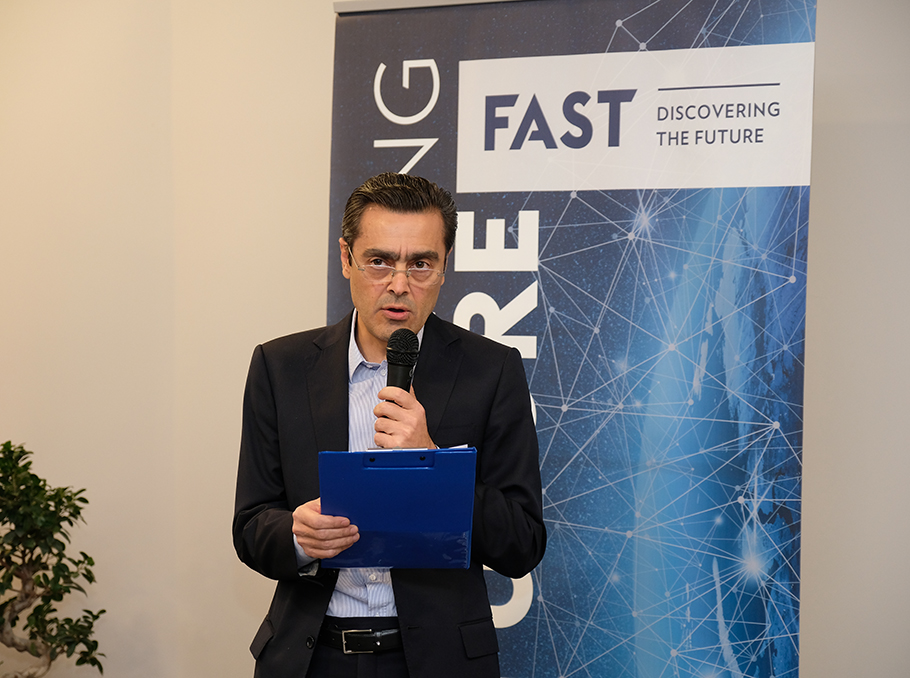 Artur Alaverdyan
Artur AlaverdyanPhoto: FAST
FAST co-founder Artur Alaverdyan believes that scientific cooperation is the only way to new discoveries. That idea is firmly embedded into the minds of scientific community, which is why they try so hard to organize collaboration here and abroad.
Is it because you are certain that science does not develop in isolation?
Yes, exactly. Contacts and joint projects with foreign colleagues are especially important for Armenian scientists. We should secure an environment in Armenia where our experts can solve global issues.
Are there projects of that kind among the grant winners? Have you singled out any of them?
Yes, there are, but I did not mark any project specifically. I have come to the conclusion that we need to use a different approach instead and expand the range of our grants and cooperation.
21 scientists have been awarded the FAST travel grants, which come in three types.
The first one is aimed at supporting joint projects of Armenian and foreign researches, which are funded by scientific organizations operating in the experts’ respective countries.
The second type is for projects in the fields prioritized by FAST: biotechnologies, computer and information technologies, relevant substances, and microelectronics.
The third is designed for foreign investors who come to Armenia to work with Armenian colleagues.
The maximum amount of any grant is USD 7,500.
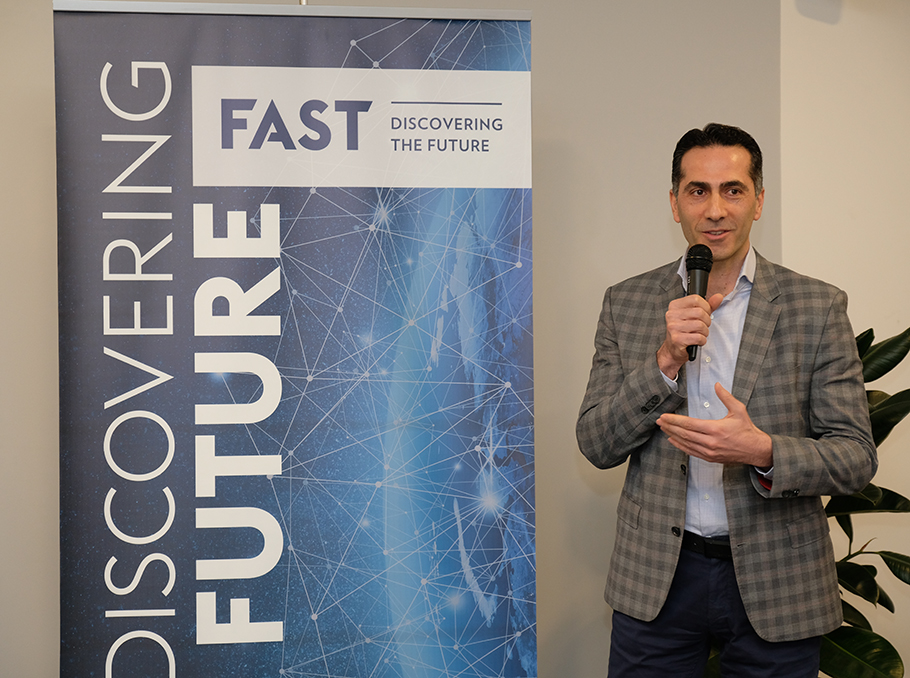 Armen Orujyan
Armen OrujyanPhoto: FAST
Chief Executive Officer of FAST Armen Orujyan will never know who applied for the grant but did not make the winners’ list. The reason is simple: he was unaware of the names of applicants until the last but one or, in some case, the last stage of the selection.
We care about the connection that our grants are going to create. It is important to us that Armenian scientists have the opportunity to publish in renowned magazines and young Armenian experts are able to enter into the global scientific arena.
One of the winners said they were surprised to get a grant in Armenia without any connections or someone putting in a good word for them.
You know the hiring criteria we follow here at FAST, don’t you? Yes, that is right, knowledge. We don’t have staffers who got there through family ties or other connections. The same goes for this grant program. We were actually surprised to see how many Armenian scientists have concrete projects and already cooperate with foreign colleagues.
We focused on the projects themselves and their goals when we read the applications, which is why we did not even try to find out who was behind each project, if they were woman or man, young or old, and what they’re called.
World-famous microbiologist, President of the Technical University of Hamburg Garabed Antranikian also spoke about the purpose of the grant program.
Antranikian arrived to the grant awarding ceremony straight from the airport.
In our time, the world is facing huge problems such as the depletion of natural resources, the climate change, so we need not just scientists to solve and settle these issues, but Armenian scientists from Armenia.
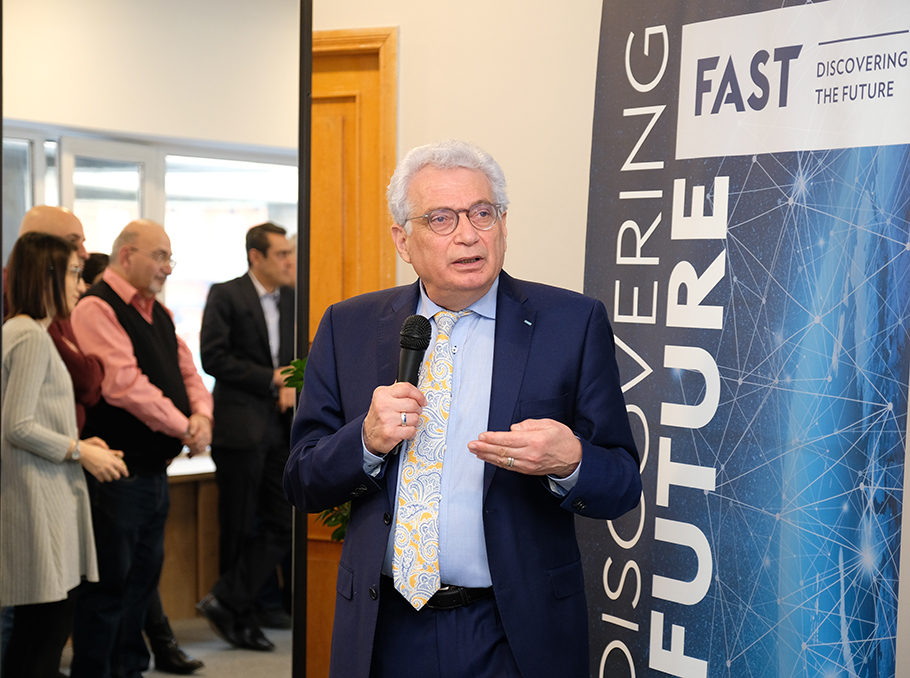 Garabed Antranikian
Garabed Antranikian Photo: FAST
That was the most important point in the whole process. The applicants had to ask themselves: what did they want to achieve with their project? What were their personal and global goals? What could they change for the people?
When the program concludes and the 21 grant winners return to Armenia (or leave it), they will submit thorough reports, including the written accounts of the results they achieved.
Lusin Mkrtchyan









